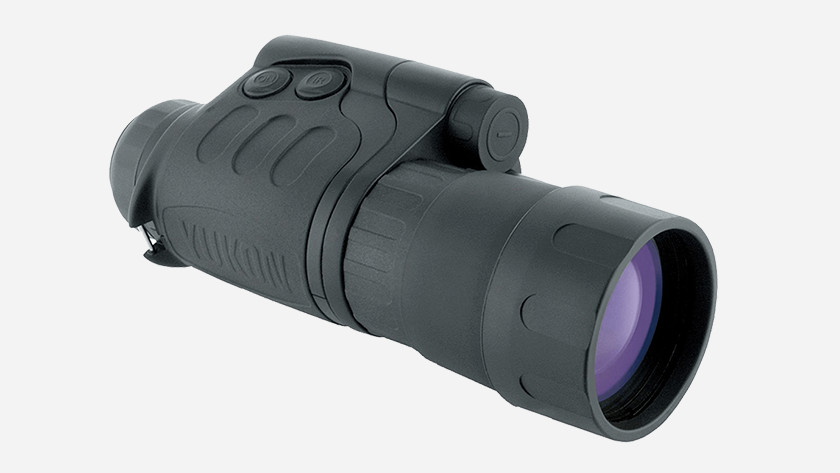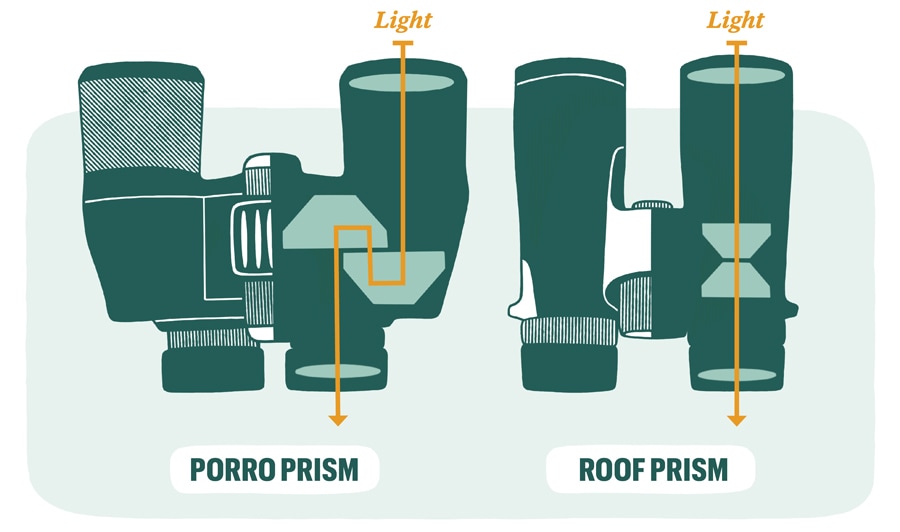A Total Guide to Comprehending Binoculars Zoom and Clearness
A Total Guide to Comprehending Binoculars Zoom and Clearness
Blog Article
The Value of Field Glasses in Education And Learning and Scientific Research Study: How These Optical Instruments Add To Knowing and Expedition
The assimilation of field glasses right into instructional setups and clinical research is often overlooked, yet their contribution to enhancing observational skills is significant. In self-controls ranging from environmental science to astronomy, binoculars serve as vital devices that promote query and vital reasoning.
Enhancing Observational Skills
In academic and research study settings, using binoculars considerably enhances observational abilities amongst trainees and practitioners alike. These optical tools promote a much deeper understanding of far-off subjects, enabling users to observe information that would certainly otherwise remain unseen. By using field glasses, learners can analyze wildlife, expensive sensations, and geological developments, promoting a more extensive link to the subject.
Binoculars serve as vital tools in area research studies, encouraging pupils to involve actively with their setting. With improved observation, they can collect data more properly, causing improved logical abilities. This hands-on experience enables the development of critical reasoning, as pupils have to analyze what they see and relate it to academic expertise.

Bridging Theory and Method
Empirical abilities established with making use of field glasses naturally result in an extra extensive assimilation of academic knowledge with useful application. By involving in straight monitoring, students can change abstract principles into concrete experiences. This harmony cultivates a deeper understanding of clinical principles as pupils link academic structures with real-world sensations.
As an example, when studying avian biology, trainees can use their knowledge of bird makeup and actions via the lens of field glasses, observing traits such as plumage variant, feeding habits, and migratory patterns. This straight involvement not only reinforces theoretical concepts but additionally grows critical reasoning and logical abilities.
In addition, making use of field glasses motivates learners to formulate theories based upon their observations, thus improving their scientific questions abilities. They can actively evaluate these hypotheses in the area, causing a much more experiential learning atmosphere that promotes inquisitiveness and expedition.
In significance, binoculars offer as an important device in linking the space between class knowing and fieldwork - Binoculars. They encourage trainees to become energetic individuals in their education and learning, motivating an all natural technique to understanding the all-natural world and its intricacies. Thus, the combination of concept and method is important for cultivating notified and involved learners
Applications in Environmental Scientific Research
Utilizing binoculars in ecological science enhances the capability to observe and assess environments with better accuracy. These optical tools are essential for carrying out area studies, making it possible for researchers to keep an eye on wild animals populations, evaluate plant wellness, and evaluate habitat problems without disturbing the all-natural setting. Binoculars help with the recognition of varieties at various distances, enabling researchers to collect crucial data on biodiversity and habits.
In eco-friendly research, binoculars are important devices for ornithologists researching avian behavior websites and migration patterns. They make it possible for scientists to videotape monitorings over long periods, adding to valuable longitudinal researches - Binoculars. Furthermore, field glasses play a vital role in habitat evaluations, as they permit the in-depth monitoring of plant areas and their interactions within communities
Environmental educators also take advantage of binoculars, as these Going Here instruments enhance experiential knowing possibilities. Pupils can involve straight with their surroundings, promoting a deeper appreciation for ecological systems. By incorporating binoculars into instructional programs, teachers can motivate the following generation of environmental scientists.
Duty in Astronomy Education And Learning
The usage of binoculars in astronomy education offers an accessible gateway for pupils and lovers to check out celestial phenomena (Binoculars). Unlike big telescopes, binoculars are mobile, straightforward, and fairly cost-effective, making them an excellent initial tool for observing the night skies. Pupils why not try this out can quickly engage with the universes, promoting a hands-on learning experience that enhances their understanding of astronomical principles
Binoculars allow customers to observe a range of celestial items, including the Moon, earths, and celebrity clusters. This ease of access urges exploration and monitoring, crucial components of clinical inquiry. Trainees can develop critical abilities such as data collection, observation strategies, and even standard astrometry. Significantly, field glasses serve as a bridge to more complicated expensive instruments, giving foundational experiences that can trigger deeper rate of interest in the area.
In academic setups, led binocular sessions can promote group cooperation and conversation, boosting the learning experience. The shared experience of observing holy bodies can grow a feeling of community among learners. On the whole, binoculars play an essential function in debunking astronomy, making it friendly and engaging for individuals in all degrees of education.

Motivating Interest and Questions
Binoculars not just assist in the observation of celestial sensations yet also spark a feeling of curiosity and inquiry amongst pupils. By giving a closer look at distant items, binoculars encourage learners to ask questions and explore the atmosphere around them. This device transforms passive learning right into an energetic, engaging experience, fostering a much deeper understanding of clinical concepts.
When students use binoculars to observe wildlife, landscapes, or expensive objects, they establish observational skills that are critical for scientific inquiry. The act of concentrating on specific information prompts them to create theories, carry out examinations, and attract verdicts based upon their observations. This procedure not just boosts their critical thinking abilities but additionally supports a lifelong passion for exploration.
Furthermore, field glasses can connect the gap in between theoretical knowledge and real-world application. Inevitably, the use of field glasses in educational settings offers as a driver for curiosity, encouraging trainees to go after expertise with interest and fostering a feeling of marvel regarding the world around them.
Final Thought
In summary, field glasses act as crucial devices in education and clinical research, significantly improving observational skills while linking the space in between theoretical knowledge and functional application. Their diverse applications in fields such as ecological science and astronomy highlight their importance in cultivating curiosity and query amongst trainees. By helping with thorough evaluations of far-off topics, binoculars not only motivate the next generation of scientists yet also grow an extensive appreciation for exploration and the clinical approach.
Report this page